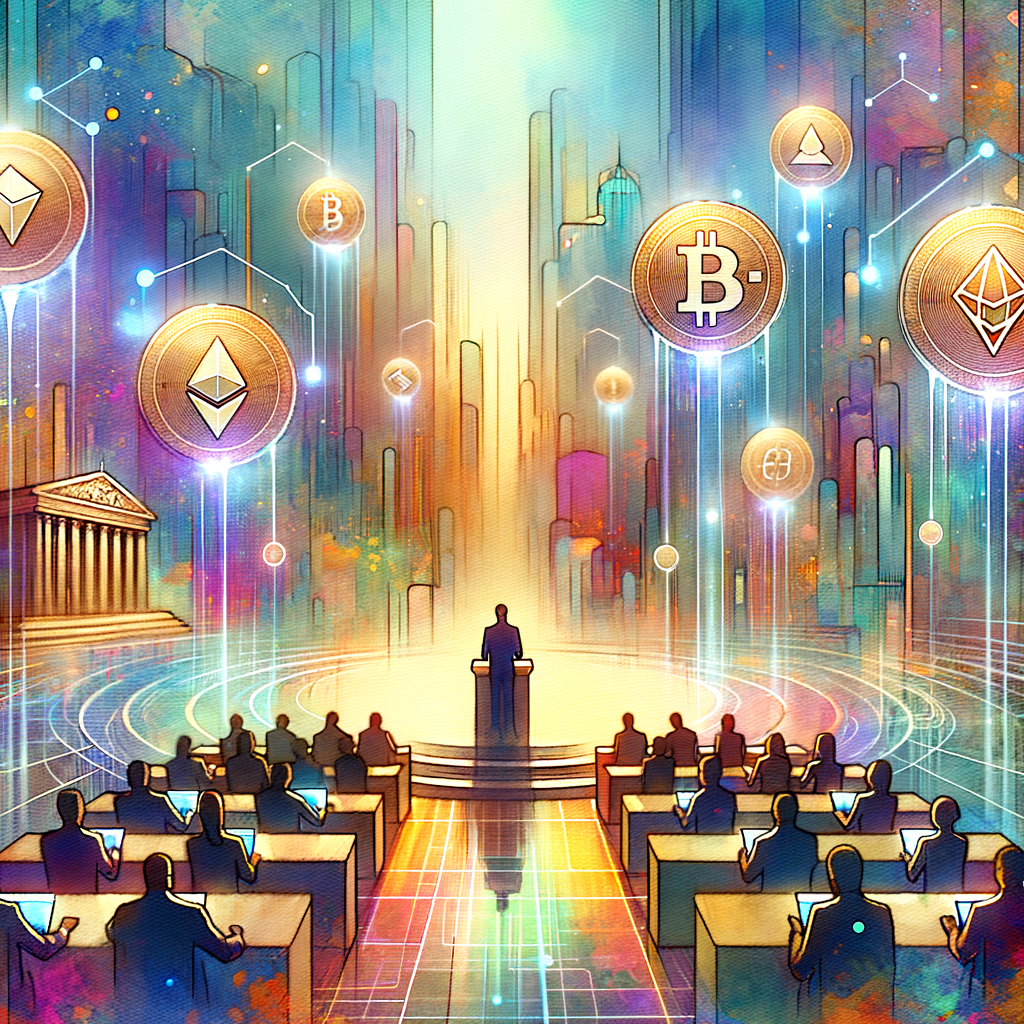“We need someone who can do more than just write smart contracts.”
That line stuck with me. It came from a hiring manager at a top-tier DeFi protocol during a call a few months ago. I’ve been in crypto recruitment for over five years now, and if there’s one trend that’s crystal clear—it’s this: mastering blockchain development isn’t just about technical chops anymore.
Sure, writing flawless Solidity code used to be enough to get you in the door. But now? Employers are looking for developers who get the bigger picture—who understand ecosystems, think in decentralised terms, and can collaborate in async, global teams.
So, if you’re aiming to carve out a career in this wild, exciting Web3 world, here are the real skills I’ve seen open doors for developers—not just the flashy ones, but the ones that lead to lasting, impactful roles.
Get Comfortable with More Than Just Solidity
Let’s get the obvious one out of the way. Yes, Solidity is still the lingua franca of Ethereum-based development. But the landscape is evolving fast.
I recently worked with a brilliant dev who had Rust experience from her gaming days. When she applied to a Solana-native startup, they were thrilled—she picked up Anchor like it was second nature. That role led her to a core contributor spot within six months.
The takeaway? Being multi-lingual in dev terms is gold.
These days, depending on the chain you’re building on, you might need:
-
Rust (Solana, Polkadot, Near)
-
Move (Aptos, Sui)
-
Cairo (StarkNet)
-
Vyper (Ethereum alternative)
And yes, smart contracts matter. But so does everything around them. APIs, frontend integrations, node infrastructure, even dev tooling—all play a role.
Tip: Don’t wait for job specs to tell you what’s in demand. Look at GitHub repos of top projects. The tech stack tells you everything.
Know the Why Behind the Code
Here’s something I always ask devs during screening calls: “Why does this dApp exist?”
Some nail it. Others stumble.
And honestly? Understanding the purpose of what you’re building is the difference between a good dev and a standout one.
I once placed a backend engineer with a DAO tooling startup. He wasn’t the most senior on paper, but he could explain, in simple terms, how governance friction was killing DAO participation—and how the feature he built made voting 40% faster. That’s impact. That’s clarity.
If you’re diving into blockchain dev, ask yourself:
-
What’s broken in Web2 that this is fixing?
-
Who benefits from this protocol?
-
How does the incentive model work?
Because the devs who understand tokenomics, UX, and decentralised design principles—they’re the ones getting tapped for senior roles, advisory gigs, and even co-founder opportunities.
Open Source is Your Best CV
Forget polished portfolios. In Web3, it’s your GitHub commits, not your resume, that do the talking.
One of the best hires I helped make last year came from a contributor who’d submitted a pull request to fix a bug in an NFT lending protocol. That one PR led to an internship, which turned into a full-time role. No whiteboarding. No cover letters. Just raw contribution.
Open source is the ultimate proof-of-work.
And here’s the best part? It also builds your network. You’re not just writing code—you’re joining a community. You’re learning the comms culture, the workflows, the product roadmap.
Want to break into a protocol like Aave, Lido, or Optimism? Start small:
-
Fix a UI bug
-
Improve documentation
-
Suggest a gas optimisation
-
Build a tool around their SDK
Every small contribution signals curiosity, initiative, and the ability to collaborate—three things that hiring managers rate higher than any bootcamp certificate.
Communication Is a Core Skill (Yes, Really)
“Can they work well in a remote team?” is probably the most under-discussed question in blockchain hiring.
So many brilliant devs get passed over not because they lack skill—but because they ghost on updates, don’t ask questions, or can’t write a clear message in Discord.
Look, I get it. You didn’t get into code to write documentation. But in blockchain? Clarity is everything.
The teams I work with are often spread across 5 time zones. If you can’t explain a bug or a feature spec in a short Loom, Notion doc, or async stand-up update, things fall apart—fast.
And here’s a personal tip: I’ve seen shy-but-clear communicators get hired over loud-but-vague ones. Every time.
Even just knowing when to say, “I’m stuck—can someone pair with me?” goes a long way.
It’s a Long Game, Not a Shortcut
Let me leave you with this: Mastering Blockchain Development isn’t about ticking boxes. It’s about building real conviction.
The devs who make it? They’re curious. They’re collaborative. And they know that every protocol, every line of code, is part of a bigger puzzle.
They also fail a lot—I’ve seen early dApp founders go broke and bounce back 10x stronger at the next bull run. I’ve seen junior contributors rise to lead protocol teams because they stuck around and kept building when things were quiet, truly embracing the journey of Mastering Blockchain Development.
If you’re in this space for a quick win, you’ll probably get frustrated. But if you’re in it to build the future—on-chain, transparent, community-owned—you’re already ahead of the curve.
So dive in. Contribute. Learn. Break stuff. Ask questions. And above all—keep showing up.
The doors are already open. You just have to walk through them.




